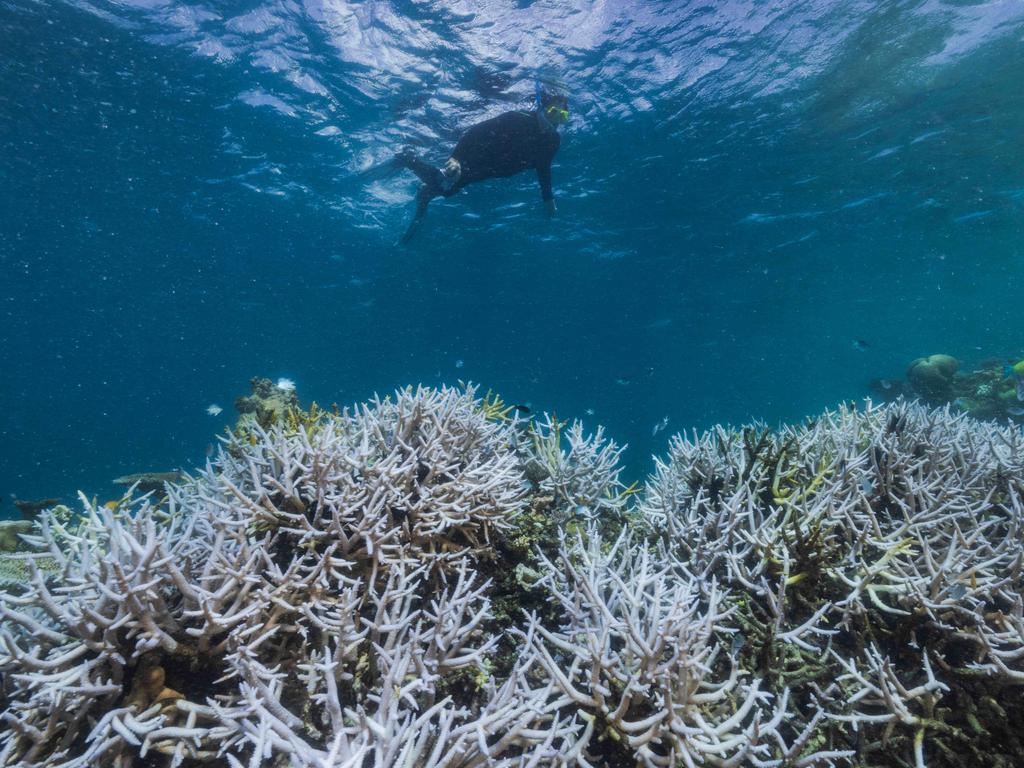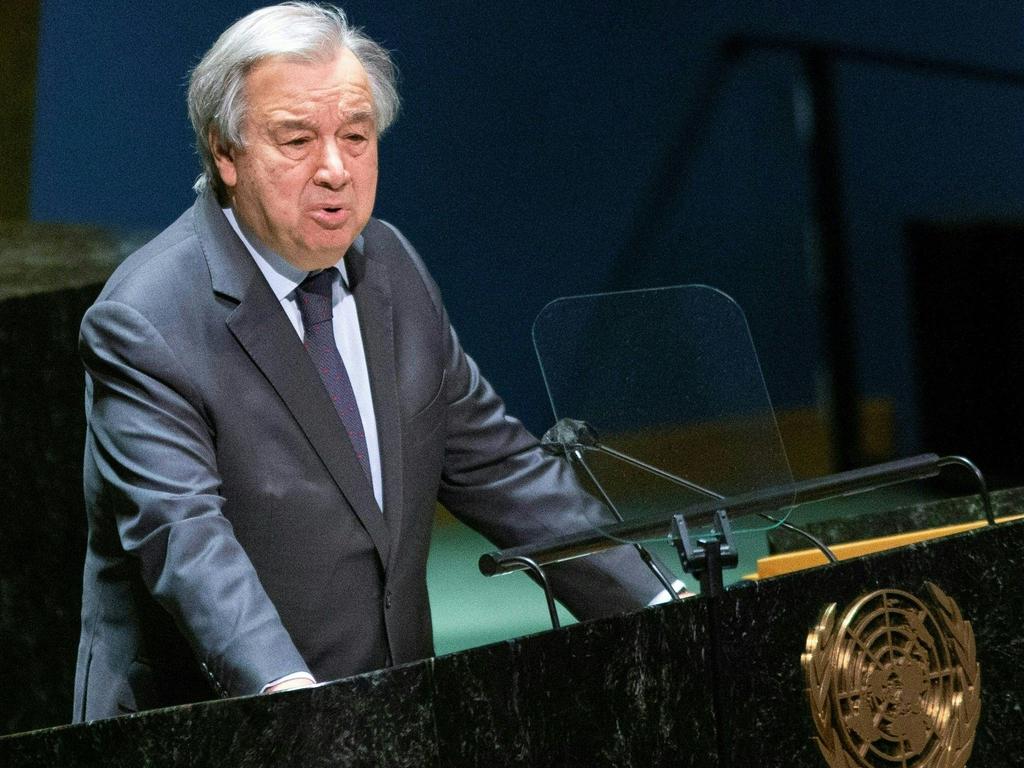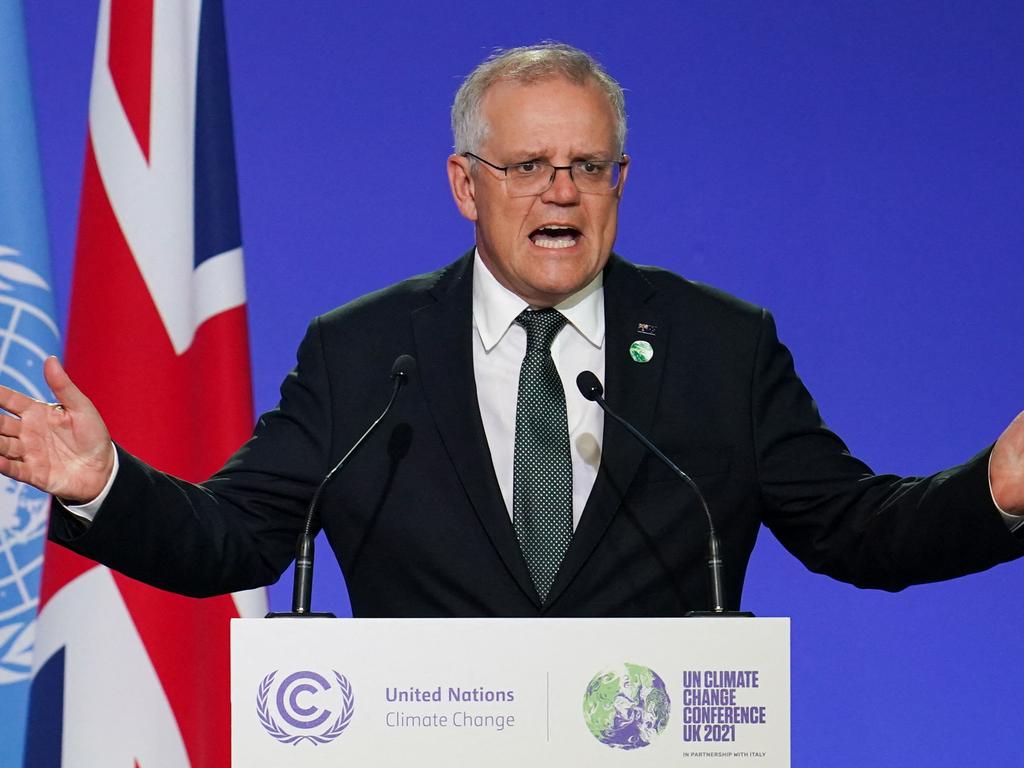Three degrees warmer: what it means for Australia
The world is on track to warm by three degrees, a leading author of the latest IPCC report says - and that has massive implications for Australia.
Pressure on Australia to increase its 2030 greenhouse gas emissions targets is set to intensify after the Intergovernmental Panel on Climate Change warned global temperature increases of 2°C or even 3°C were looking more likely.
Australia plans to reduce greenhouse gases by 26-28 per cent by 2030, but the latest IPCC report said global emissions would need to peak by 2025 and come down by 43 per cent by 2030 to hold out any hope of limiting global warming to 1.5°C.
“Without immediate and deep emissions reductions across all sectors, limiting global warming to 1.5°C is beyond reach,” the report stated.
ANU Professor Frank Jotzo, a lead author on the report, said the world “is heading towards a three degree outcome,” but “there was no magical threshold below which we’re fine, and above which we’re doomed”.
Studies have shown the planet has already warmed by approximately 1.1°C on pre-industrial levels. The Climate Council has warned the Great Barrier Reef would be virtually wiped out under an extra 2°C of warming, while extreme weather events would become much more frequent.

Prof Jotzo said it was imperative for countries to cut their greenhouse gases further.
“The report very clearly establishes that the pledges [to cut emissions] made by all countries in aggregate are insufficient to reach a 2 degree outcome. Collectively the ambition needs to be raised,” Prof Jotzo said.
Australia declined to update its 2030 emissions targets at the COP26 conference in Glasgow last year but is expected to be pressured to do so at COP27 in Egypt in November. A new global stocktake of emissions measures undertaken by the IPCC would also add pressure on Australia to act, Prof Jotzo said.
“There is a widely shared view that Australia’s existing emissions target is very weak in comparison with other developed countries,” Prof Jotzo said. While the Labor Party has proposed a 40-43 per cent cut in emissions by 2030, even this was not enough, he said.
Despite the apparent gloom, Prof Jotzo said the mood among global climate experts had actually shifted in recent years “because the menu options to remove emissions is far wider than it used to be, and the costs are far lower than they used to be”.
Solar power had reduced in cost by a factor of five, and such progress was “unthinkable” a decade ago, he said.
Dr Krista Singleton-Cambage from the Worldwide Fund For Nature (WWF) said the “heartbreaking impacts of climate change” such as flooding and the bleaching of the reef “will only become more frequent” unless the world cuts emissions.
“Australia has so much to lose from inaction on climate and so much to gain as the world decarbonises,” she said.


Gavan McFadzean from the Australian Conservation Foundation said the IPCC report made it “crystal clear the era of coal and gas must end quickly”.
“As UN Secretary General António Guterres said, the truly dangerous radicals are the countries that are increasing the production of fossil fuels. Sadly, Australia is one of those,” he said.
“There is absolutely no place for new or extended coal mines or gas projects in the third decade of the 21st century. We must act now to cut pollution by more than half this decade using the energy and nature solutions that are available here and now,” Mr McFadzean said.
Mr Guterres accused government and business leaders of “saying one thing but doing another” with “catastrophic” results, while “high emitting governments and corporations are not just turning a blind eye, they are adding fuel to the flames”.

The COP26 Conference in Glasgow last November saw many countries announce more ambitions targets to reduce their greenhouse gases, but few of the big polluters look likely to be able to cut their emissions by 43 per cent by the end of this decade.
The US has pledged to cut emissions by 50-52 per cent by 2030, and the UK has vowed to slash them by 68 per cent, but China has said merely it will peak its emissions before the end of the decade.
Australia’s goal is to cut emissions by 26-28 per cent by 2030, with the Morrison government repeatedly saying the country is on track to “meet and beat” that target. But even a forecast of a 35 per cent emissions cut – as Prime Minister Scott Morrison suggested at Glasgow – would be incompatible with global efforts to halt warming at 1.5°C, the IPCC report suggests.

Even limiting warming to 2°C will require global emissions to peak before 2025, and to fall by one quarter by 2030, the report warned.
Dr Madeline Taylor, Senior Lecturer with the School of Law at Macquarie University, said Australia was the “only major developed country that has failed to significantly strengthen its 2030 [emissions] target”.
“This new global UN report comes shortly after the UN Secretary General singled out Australia as a ‘holdout’ with the Morrison Government refusing to increase its 2030 targets,” Dr Taylor said.
“We know what is required to deeply, permanently and immediately reduce emissions, and as the sunniest and one of the windiest places on earth, with a wealth of critical minerals available – Australia should be cashing in on those solutions and creating a prosperous, sustainable future.”
Originally published as Three degrees warmer: what it means for Australia




